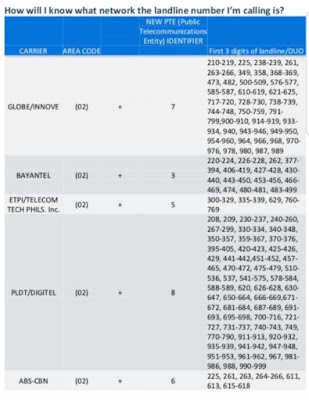Dr. Laurie Santos' the Science of Well-Being class in Coursera made the pandemic bearable. I learned the beneficial happiness habits of being grateful, mindfulness, being in the moment, exercising and meditating.
So when I found out Dr. Laurie launched a Spotify podcast called the Happiness Lab, I instantly subscribed. One impactful episode was with Derek Thompson. He was a journalist at the Atlantic and author of several best-selliing books. He developed the concept of workism which essentially is about society putting careers and promotion on a pedestal. In a nutshell, workism says that our purpose on this earth is not just to produce economic value. Having many life containers which give our lives meaning, the more well-rounded we become.
Workism was really refreshing. A loud, smart voice shouting that it is okay if your working life is not an upward straight line is ok is assuring. Indeed, there are many anti-work sentiments and the pandemic has made us realize how we may turn passion into profit because work life is not ideal for everyone. The Great Resignation, remember?
Here are my main takeaways fromt the podcast:
- There are ways that you can invest in the other aspects of your life outside of work that could improve your quality of life.
- There are good enough job. Good enough jobs are jobs that allow you to be who you want to be. It provides a certain amount of salary while letting you to get off at a certain time so you can invest more in yourself, your relationships and your community. Once you have found a good enough job, turn your energy to other aspects that improve your well-being.
- What could you do aside from work? Play. Value of Play - gives self awareness, great way to serve as counter balance.
- Unless we define ourselves, our employer will happily define it for us. Find many sources of your identity.
- Our desks are never meant to be our altars.
- The work is not done but it is time to stop. We can stop.
Now ask yourself: what do I want to become after my 8-5 work gig?
Dr. Greg Pawilen
Had the privilege of joining a webinar on syllabi development conducted by UPLB educator Dr. Greg Pawilen. He was a lively presenter teeming with generous sharing of life lessons gleaned from his stellar teaching career.
Aside from valuable tips on how to develop syllabi, here are life lessons I gathered from Dr. Pawilen:
- Life is not measured by your GWA or the awards that you receive.
- Teaching is not a game. It is not a show. It is a lifetime experience that will influence the lives of students: whether they become better not bitter.
- Important focus is for students to learn how to process.
- Synchronous classes should not be used on reporting or lecturing. Adopt the flipped learning: address questions, discussion when synchronous.
- Target students to be self-regulated, independent learners. Question student about their alternative understanding of what they learned.
- You can collect data all day, but how are you using it to make your program better for your students?
Canva Create 2023
I have been using Canva since 2014-2015 yet it was my first time to join Canva's Create event. So glad to see Canva has evolved into a power tool that everybody uses. I remember talking about Canva possibly eating out of Adobe's market share in one of our Academic Councils. With more and more younger users more adept with Canva instead of Adobe products, the future is exciting.
Here are some notes from my online attendance of the event:
- We all have our own life journeys. Be comfortable in your own skin.
- Use words of kindness, wisdom and love at all times.
- Do good in the world. It is a choice.
- Era of you: Who are you?
National Geographic Learning Ready for Work: Conflict Management
Since working-from-home during the pandemic, I have been attending National Geographic's free webinars whenever my schedule allows it. In one of the most recent ones I have attended, the valuable lessons on communication are applicable not just in teaching but in any relationships. Sharing them here for you to think about too:
- Conflict management tip: examine every type of issue for the best type of response to conflict.
- Give in - when you've realized you are wrong and the issue is more important to them than you, or when the relationship is very important to you.
- Avoid - when issue is small. Not the right time or place to talk or better to wait until everyone's calmer.
- Compromise - no time for longer discussions or when you need a quick way to lower the negative feelings.
- Work together - when you need everyone to commit to a solution, or when you need to build a long-term-relationship.
- Force - when you need to stand up for yourself, when you've tried other ideas but they haven't worked, or you need a quick solution.
How to tell if a landline in NCR is PLDT, etc
Now that NCR-based landline has to have additional prefix digit so you may dial them, here's a cheat sheet whether to put 8, 7 or whatever based on the landline provider.




No comments:
Post a Comment